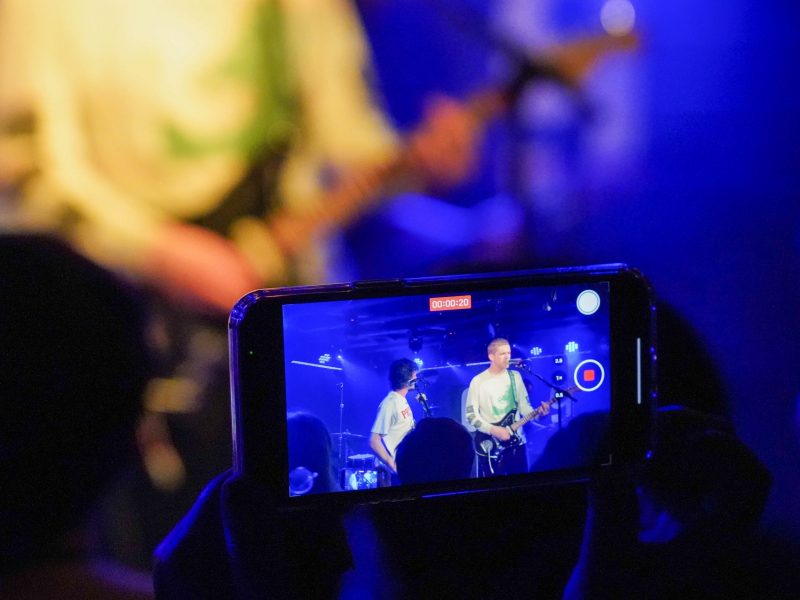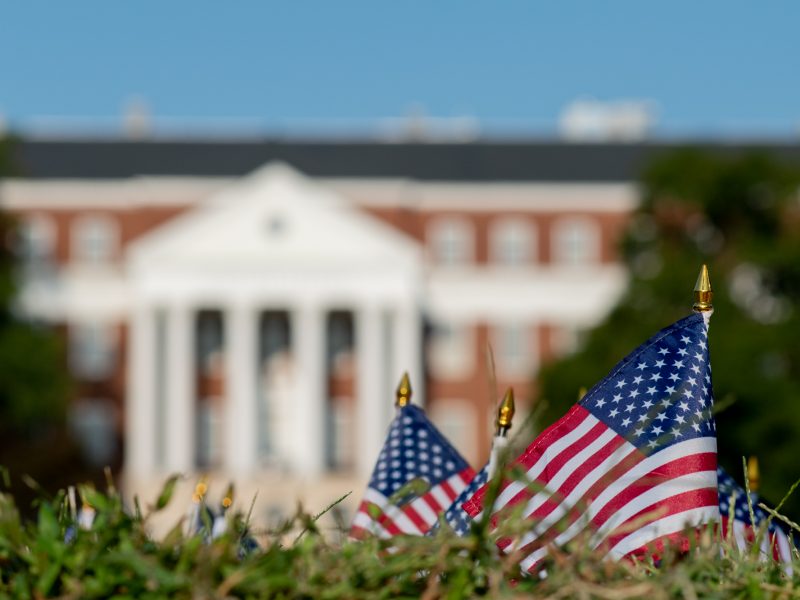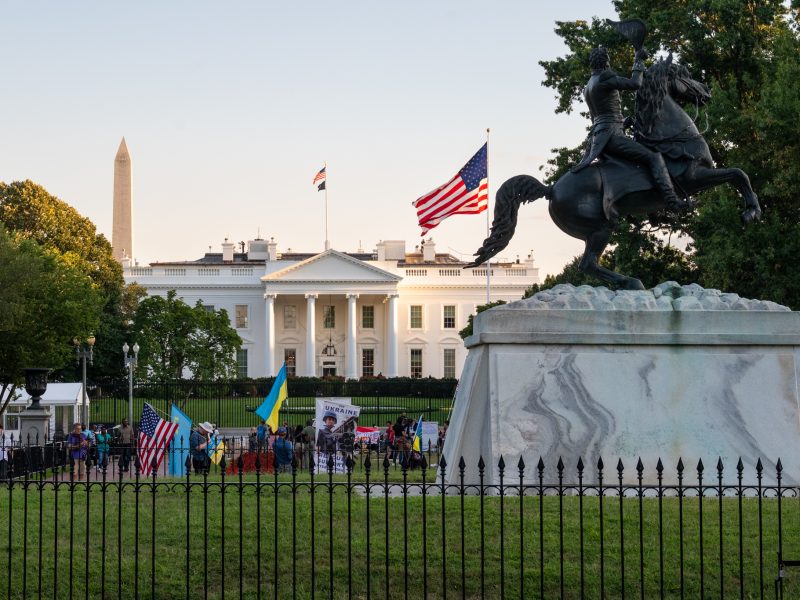Views expressed in opinion columns are the author’s own.
I expected refreshing, giddy romance from Love Island USA’s new season. What I got was a huge headache.
It’s called LOVE Island, not Drama Island. With its enticing premise of single people finding love, viewers tune in for the potential connections and the drama that accompanies romantic exploration.
Last season saw high viewership, boasting more than 919.1 million minutes watched between July 5 and July 11 last year. That season’s final three women, JaNa, Leah and Serena, were the heart of the show. The winners, Serena and Kordell, gave us the warm, romantic moments we crave.
But when I watched Season 7, I felt a noticeable shift — leaning more into drama, making the show increasingly frustrating to watch.
Huda and Jeremiah dominated the screen with their intense conversations and quick attachment. The show began with the drama-filled toxicity of this couple instead of spotlighting the connections forming within the villa, such as Chelley’s relationship with Austin and Nic’s with Belle-A. Islanders aired grievances during the mailbox challenge through anonymous letters. Pepe directly questioned why Hannah was voted out, most men in the villa ganged up on Amaya’s affectionate tendencies and Huda was interrogated about her loyalty and “girl code.”
Islanders were not shy to be aggressive and ask pointed questions, and the resulting arguments unveiled everyone’s true colors. The challenge felt intentionally designed by producers to push drama to the forefront — a frustrating shift from the previous season.
Similarly, challenges that were once lighthearted took on a more hostile tone. Some, like the heart rate challenge, led to full-scale arguments among some of the islanders.
Other Love Island USA seasons did have some drama and toxicity. But the islanders’ actions this season transformed it into a diluted, murky version of its former self.
Strategy seems to be some islanders’ governing ideology for the $100,000 ending grand prize.
Cierra, a bombshell, stated her willingness to pursue connections even if it meant “stepping on toes.” Her departure from the show, which came quickly after social media posts from her account that used a racial slur resurfaced online, made the villa appear to be more relaxed.
Similarly, Ace came off as an extreme competitor. He early on championed exploring “everybody 24/7.” Ace and Chelley didn’t make it to the finale, but their sly personas were clear when Ace hyperfocused on Jeremiah’s actions and Chelley strung Austin along. While they both were considered a strong couple since the beginning, they waited an obnoxiously long time to officially close off, making their actions calculated. Ace and Chelley knowing each other prior to this season is the cherry on top — the ultimate piece of overstrategizing on the show.
The cutthroat strategy to win was taken too far. It cheapened the idea of love and made this show an off-putting experience for viewers.
Instead of Love Island USA, viewers got another competitive reality show with romance sprinkled on the side.
To fix it, producers should cast islanders who are not influencers. Selecting islanders with diverse, relatable backgrounds genuinely looking for a connection rather than an audience would make the show inherently more alluring and foster the authentic relationship building that viewers crave.
Producers could even serve to de-emphasize polished narratives, a huge stepping stone in Love Island’s casting, to elevate the show from a platform of existing influencers to a genuine pursuit of love as the show was intended to be.
This season’s rise in dramatics may not only be due to the islanders but also the streaming platforms’ tendency to favor dramatic reality TV shows.
Producers and editors strictly shape the season’s tone behind the scenes. They observe villa dynamics, identify potential storylines and even guide conversations to “craft the narrative.”
In post-production, they actively manipulate perception through selective editing, using reaction shots, cutaways and sound effects to create dramatic arcs that were not as intense in reality.
Nic and Olandria’s recoupling felt manufactured — an unnatural progression exposed as inauthentic when audience rallying pushed it to a central plotline.
This season’s producers further muddled the reality aspect of the show by casting contestants who already knew each other. Chelley knew Ace, Amaya and Andreina, while Ace and Pepe also had a prior connection. Other islanders confirmed that even Nic and Jeremiah were acquainted before entering the villa.
The producers fabricated an environment that wasn’t conducive to authentic relationship building. Most of the islanders this season were influencers or had a strong social media presence, whereas last season people had a broader range of careers from the medical device field to being a snake wrangler. The prerequisite of social media following this season marked a huge setback for this show.
Ultimately, this season veered too far from the show’s romantic roots. When producers prioritize virality over authenticity, love becomes just another subplot in a show that was built around it.
It may have held our attention, but if this trend continues, Love Island USA risks losing the very heart that made audiences fall for it in the first place.
Srijani Chakraborty is a freshman bioengineering student. She can be reached at schak19@terpmail.umd.edu.



